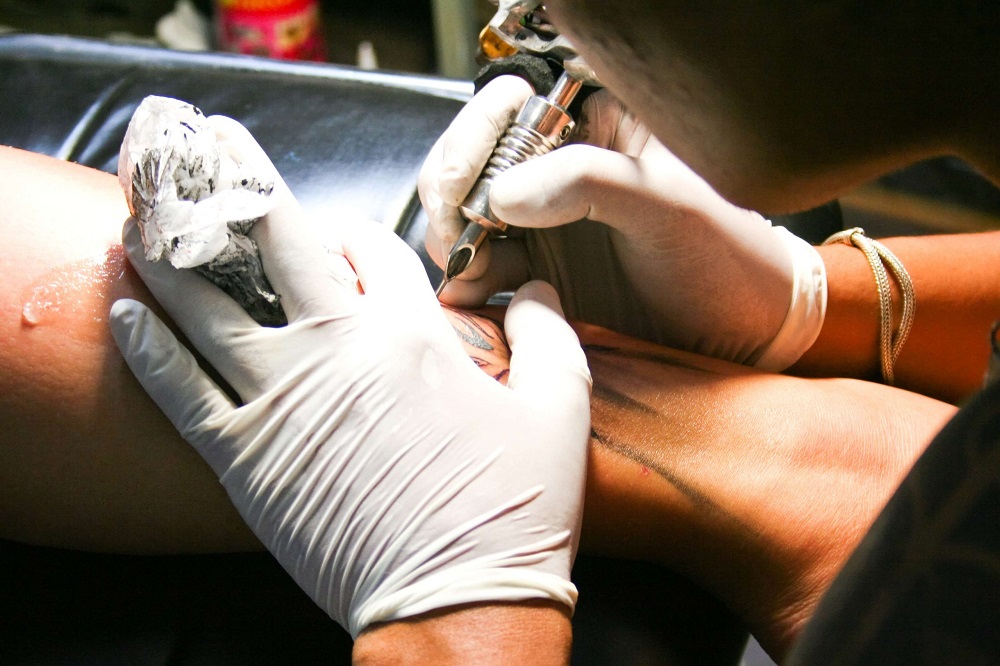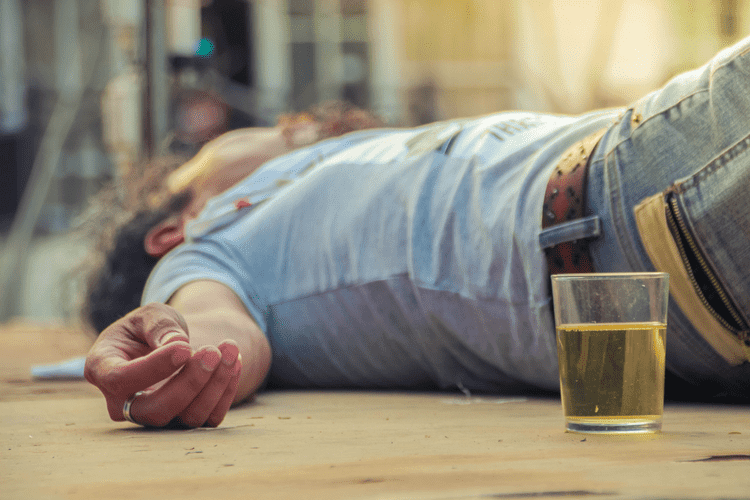Subtotal $0.00
However, it is crucial to have a rough timeline in mind to get an idea of what to expect. For those with a serious addiction and years of heavy drinking behind them, it’s expected that the insomnia may last longer. Moreover, if the individual has any other underlying health issues, the duration might prolong as their body is already in a compromised state. Just like the variances seen in the science behind insomnia after alcohol detox, the duration of insomnia after quitting is equally diverse. The rebound effect is a principal actor in the drama of alcohol withdrawal and the resultant insomnia.
Nonpharmacological treatments for insomnia
Someone in recovery from alcohol use may experience setbacks because of sleep-related withdrawal symptoms. When alcohol has been introduced to the sleep cycle, the functions of the brain are impeded, and the cycles become disrupted. This sleep cycle disruption is what causes the person to feel tired and “fuzzy” the next day and can lead to further sleep issues, such as insomnia or alcohol addiction over time. However, towards the end of the first week, many individuals start to notice early signs of sleep improvement. They may find it easier to fall asleep naturally and experience fewer night-time awakenings.
- Instead of opting for a prescription, I took ashwagandha once per day for about a month and started sleeping better.
- Engaging in a relaxing hobby, such as knitting, drawing, or listening to calming music, can distract your mind from worries and help you unwind before bed.
- Quality sleep is essential for physical recovery, cognitive function, emotional regulation, and immune system support.
- While red wine may not actually help you sleep, giving up alcohol altogether can lead to significant improvements in sleep quality and overall health.
- You’d be surprised at how much your sleep issues are attributable to your diet and NOT to your sobriety.
Professional support and monitoring
On the flip side, individuals who’ve had a more gray area drinking pattern and who maintain a healthy lifestyle may find the insomnia subsiding in a comparatively less span. Also, those who manage to adopt a healthier regime, post-alcohol detox tend to see improvements sooner. Navigating sleep challenges in recovery can feel overwhelming, but support is available. Recovery groups, therapists, and medical professionals can provide guidance and resources to help individuals overcome sleep issues. Sharing experiences with peers can also offer valuable insights and encouragement. Recovery is about more than just abstaining from substances; http://35.200.153.236/evenforce.com/wordpress/?p=25419 it’s about creating a balanced and fulfilling life.
Remedy #2: Magnesium and Epsom Salt Baths
- It’s worth noting that the long-term benefits of quitting alcohol extend beyond just improved sleep.
- Improving sleep hygiene and developing healthy sleep habits are crucial steps in maintaining sobriety and overall well-being.
No specific medication has been found to be effective for the majority of patients with both insomnia and AUD. Talking to a friend or therapist can also help you work through Substance abuse stressful situations and feelings. Engaging in a relaxing hobby, such as knitting, drawing, or listening to calming music, can distract your mind from worries and help you unwind before bed.
Why Sober Sleep is Better Sleep
Being overly tired, emotional, and exhausted is also a trigger to drink alcohol – which doubles the battle. People who are middle-aged also encounter more sleep disruption during all stages of withdrawal than other age groups leaving us feeling extra restless and exhausted. Alcohol has long been known to have a significant impact on sleep quality, despite its reputation as a sleep aid. While it may help some people fall asleep faster, the overall quality of sleep is severely compromised. Even a single glass of wine can affect sleep, disrupting the delicate balance of sleep stages and leading to fragmented, less restorative rest.

Struggling with alcohol? You’re not alone.
Even moderate amounts can still disrupt sleep if consumed too close to bedtime. Multiple relaxation methods can be used to help you wind down and fall asleep. These include breathing sober insomnia exercises, visualization exercises and progressive muscle relaxation. Establishing good sleeping habits, also known as sleep hygiene, is an essential first step in good sleep. Using electronics like TV or smartphones before bed should also be avoided.

Top Posts
Falling asleep can be challenging, especially when you’re on the path to sobriety from substance abuse or alcohol addiction. If you experience sleep disruptions and can’t sleep without alcohol or other substances, transitioning to a sober lifestyle might make bedtime feel like a battleground. For many professionals, stress and pressure is a common part of the working environment. The mix of poor sleep patterns and alcohol dependency can often blur the line between work and personal life, amplifying the stress.


